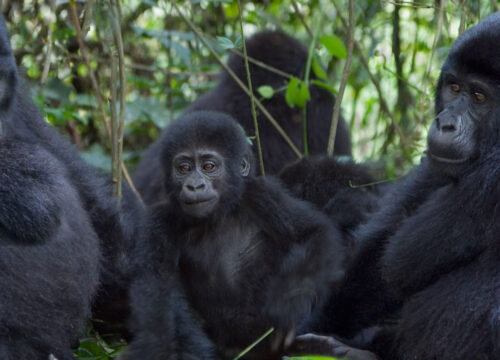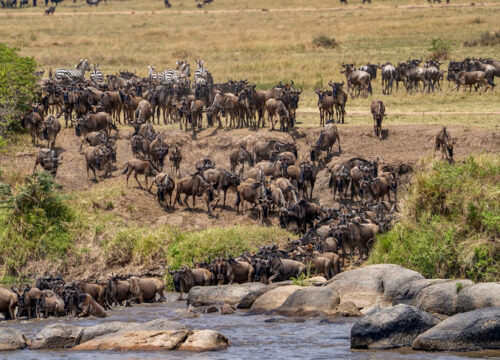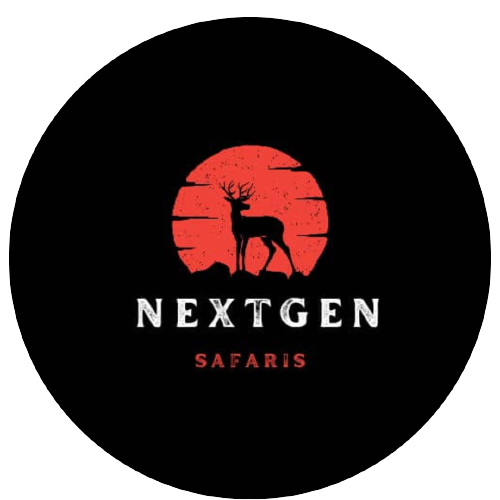Bwindi Gorilla Trekking
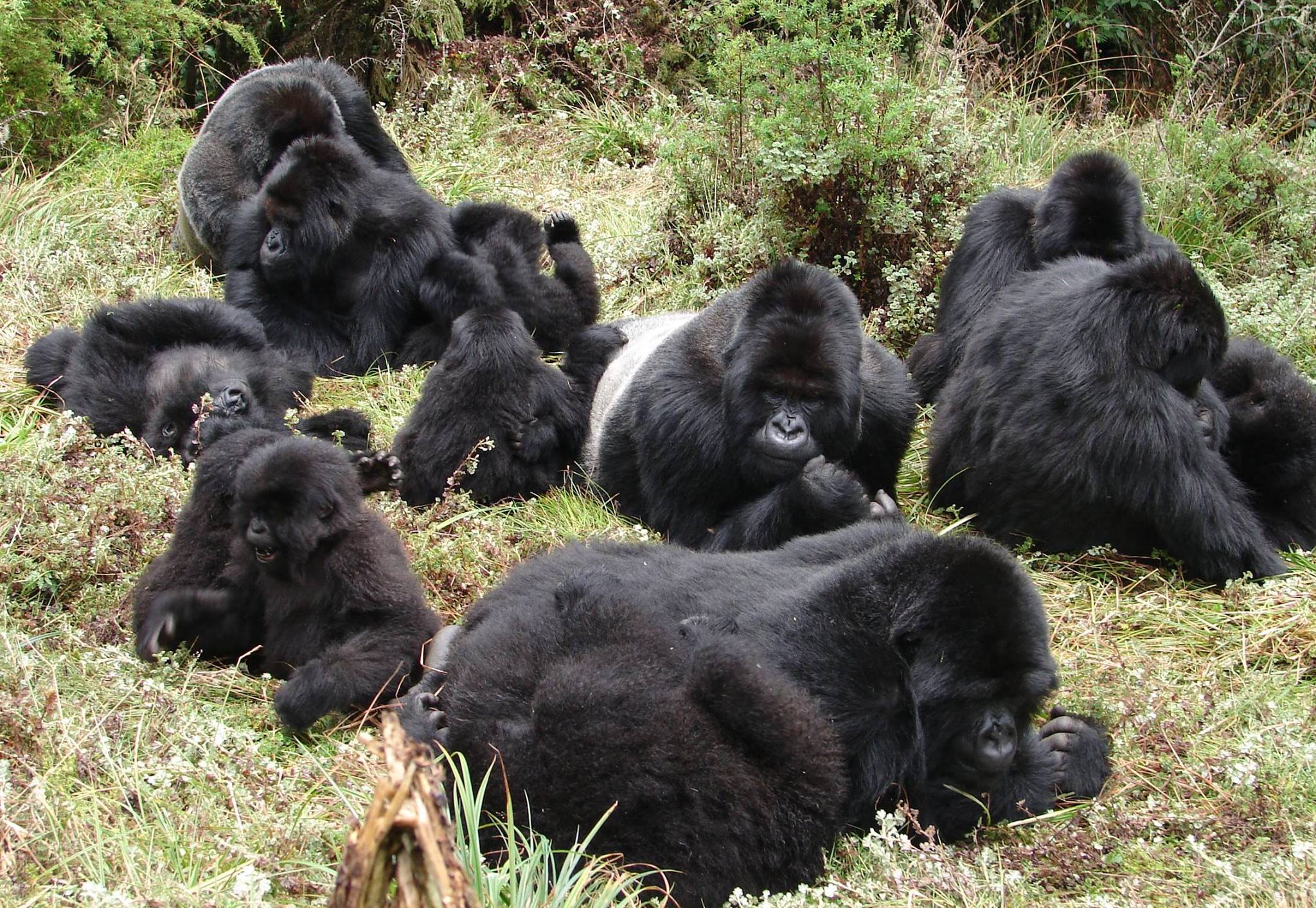
Bwindi Gorilla Trekking in Bwindi Impenetrable National Park in Uganda is indeed a remarkable place for gorilla trekking! It’s one of the few remaining habitats for the critically endangered mountain gorillas. The experience of trekking through the lush forests of Bwindi to encounter these magnificent creatures in their natural habitat is truly unforgettable.
Bwindi Gorilla Trekking
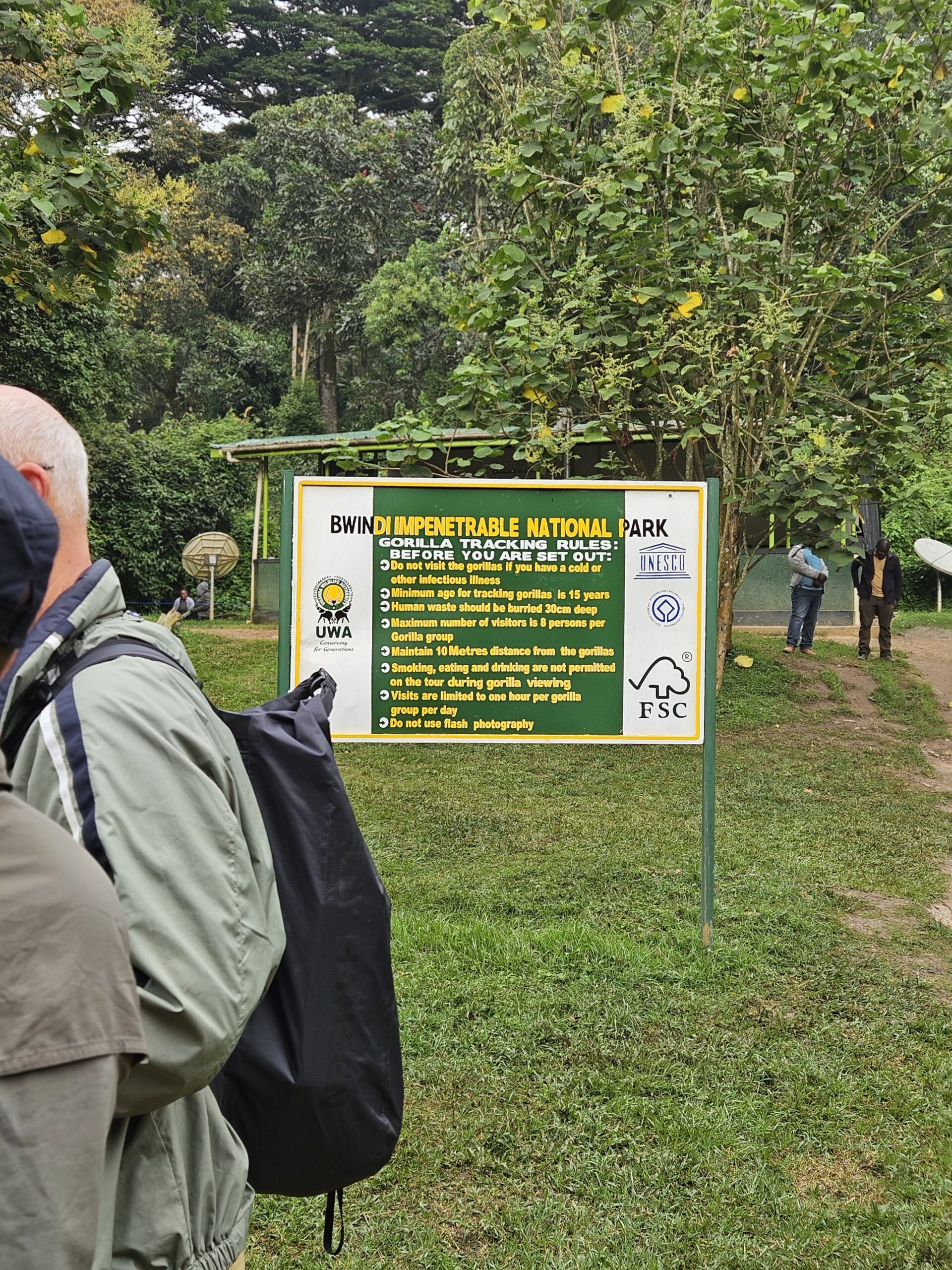
You typically start early in the morning with an orientation and briefing at the park headquarters before setting off with experienced guides and trackers. The trek itself can vary in duration and difficulty depending on the location of the gorilla groups that day, but the effort is absolutely worth it when you finally come face to face with these gentle giants.
Remember to maintain a respectful distance, follow the guidelines provided by your guides, and cherish every moment of the encounter. It’s not just about seeing the gorillas; it’s about understanding and appreciating the importance of conservation efforts to protect these incredible animals and their habitat.
What makes Bwindi a Great Destination for Gorilla Trekking
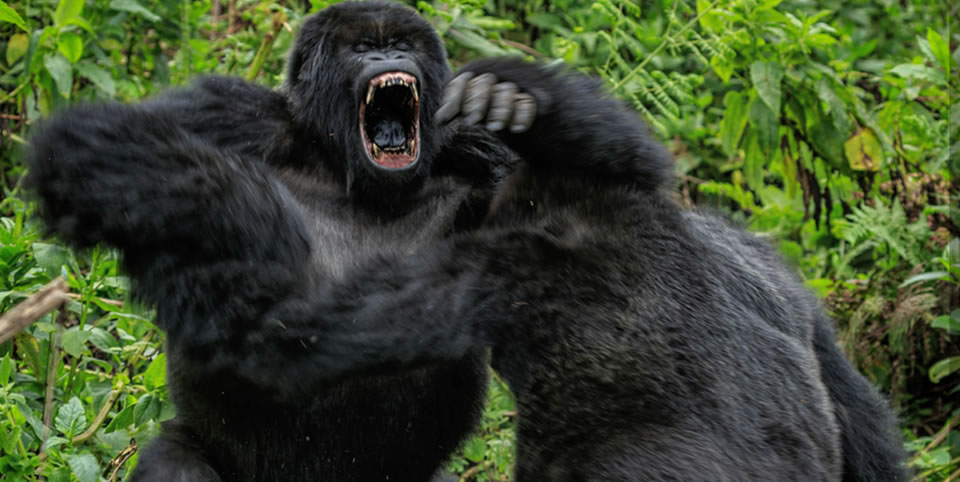
Bwindi Impenetrable National Park stands out as a premier destination for gorilla trekking for several reasons:
- Mountain Gorilla Population: Bwindi is home to roughly half of the world’s remaining mountain gorilla population, making it one of the best places to see these incredible animals up close.
- Species Diversity: Apart from mountain gorillas, Bwindi is also a habitat for other primate species, such as chimpanzees, baboons, and monkeys, offering visitors a chance to encounter a variety of wildlife during their trek.
- Scenic Beauty: The park’s lush and dense rainforest, situated on the edge of the Rift Valley, provides a stunning backdrop for gorilla trekking. The landscape is breathtaking, with mist-shrouded hills and cascading waterfalls adding to the allure of the experience.
- Cultural Encounters: Bwindi is surrounded by communities of the Batwa people, who have traditionally lived in harmony with the forest and its wildlife. Visitors have the opportunity to learn about their culture and way of life, adding a rich cultural dimension to the gorilla trekking experience.
- Conservation Efforts: The park is actively involved in conservation efforts to protect the mountain gorillas and their habitat. Revenue generated from gorilla trekking permits is reinvested into conservation initiatives, helping to ensure the long-term survival of these endangered animals.
- Guided Experience: Trekking for mountain gorillas in Bwindi is a guided experience, with trained trackers and rangers accompanying visitors to ensure their safety and to maximize their chances of encountering gorillas.
- Limited Access: To minimize disturbance to the gorillas and their habitat, access to the park is carefully regulated, with a limited number of permits issued each day for gorilla trekking. This helps to preserve the natural environment and ensures a more exclusive and intimate experience for visitors.
Overall, Bwindi Impenetrable National Park offers a unique and unforgettable opportunity to connect with nature, witness the beauty of mountain gorillas in their natural habitat, and contribute to their conservation.
Bwindi Gorilla Trekking Uganda Age Limit
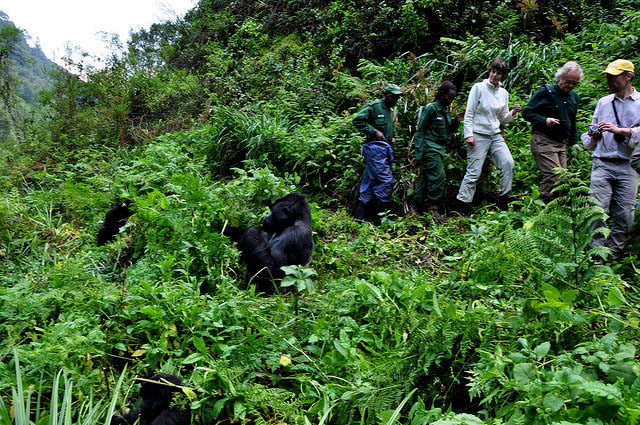
The age limit for gorilla trekking in Uganda is generally set at 15 years old. This restriction is primarily for safety reasons and to ensure that participants are physically able to handle the trekking experience, which can sometimes be strenuous due to the terrain and altitude. Additionally, it’s aimed at minimizing potential disruptions to the gorillas’ natural habitat. However, it’s always best to check with the specific Nextgen Safaris for any updates or variations in age restrictions.
INQUIRE NOW
GENERAL INFORMATION ON A GORILLA SAFARI
Book a Customized Safari
Read about
10 Things you Should NOT DO on an African Safari.
What to expect on a safari in Uganda.
Bwindi Impenetrable National Park
How to Choose the Best Tour Operate for Your Safari in Africa
12-Day Gorilla Tracking in Bwindi
Some of our Gorilla and wildlife Safaris
1 Day Jinja Ultimate tour Experience
1 Day White Water Rafting in Jinja
3 Days Bwindi Gorilla Habituation via Rwanda
3 Day Birding Safaris and Photography in Uganda
3 Day Safari to Queen Elizabeth National Park
3 Day fly in Gorilla Trekking Safari from Masai Mara
3 Day Grand Gorilla Trekking Safari
4 Day Chimpanzee and Gorilla Trekking Safari
Recent Posts
Victoria Falls Safari with Tanzania Extension
Victoria Falls with Uganda Extension Safari
Victoria Falls with Rwanda Extension Safari
Last Minute Deals
Quick booking process
+49 1575 4711313








